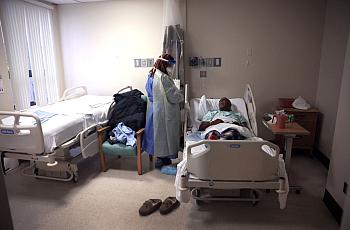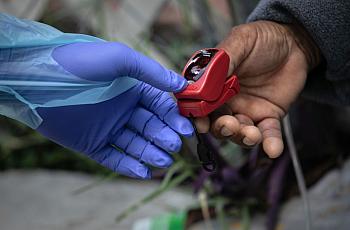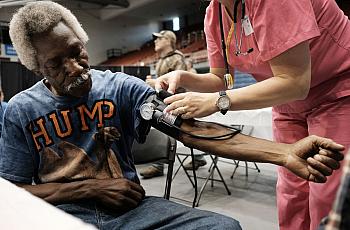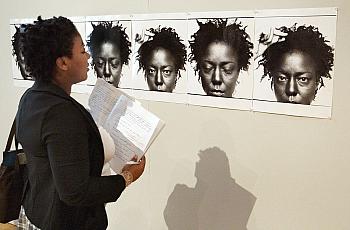
Amber Dance
Freelance science journalist

Freelance science journalist
Amber Dance, Ph.D., an award-winning freelance science journalist based in Southern California, co-authors the Center's Health Divide column. She also contributes to publications including PNAS Front Matter, The Scientist, and Nature. She also edits books on a variety of topics.
After earning a doctorate in biology, Amber Dance re-trained in journalism as a way to engage her broad interest in science and share her enthusiasm with readers. She mainly writes about life sciences, with particular expertise in microbiology, cell biology, neuroscience and lab techniques.

Also this week: The alarming suicide rate among young Black men in rural regions of the country.

Louisiana's abortion ban affects maternal care, leading to delays and unnecessary cesarean sections, disproportionately impacting Black and low-income women.

Study links medical debt with poor health outcomes, urging attention to financial hardships in healthcare.

Mental health is a big contributor to pregnancy-related death rates, according to a new analysis in JAMA Psychiatry.

Waiting on a fix on pulse oximeter inaccuracies among darker-skinner patients; while a new survey reveals growing health care disparities for transgender Americans.

Children of color receive unequal healthcare; vital federal nutrition program faces $1 billion shortfall; disabled kids lack hearing aid coverage in 18 states; high sleep disorder rates pose health risks for African Americans.

For many people of color, preparing for a doctor’s appointment includes dressing up to boost the chances they’ll be taken seriously and treated with respect, according to a new survey.

Physician shortage persists in underserved areas. Black women's advocacy after 40 years.

FDA advisors support groundbreaking sickle cell therapy, while infant mortality rate increase in Native families, and remain high in Black communities.

This week: Supreme Court decision impacts domestic violence, FDA bans harmful chemicals for Black women, 'excited delirium' under scrutiny, and the effects of inequities on health.